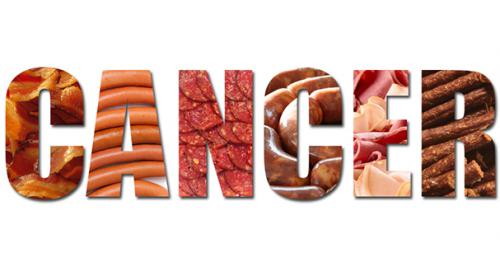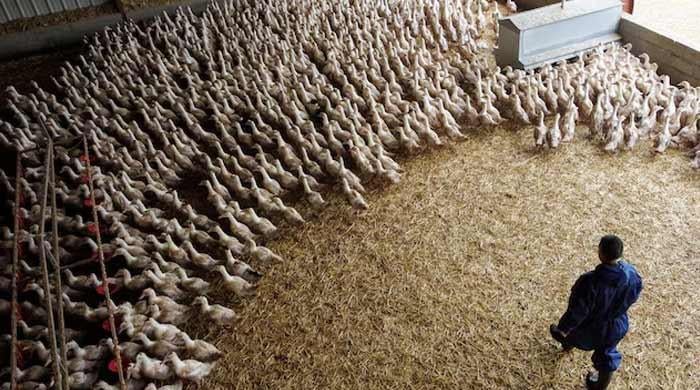WHO states processed meat causes cancer, producers cry foul
The World Health Organization’s International Agency for Research on Cancer released a report on Monday pointing out that sausages, ham and other processed meats cause bowel cancer, and red meat...
October 28, 2015

The report has put processed meat in into its Group 1 category of carcinogens.
Other substances in the group include alcohol, asbestos and tobacco. In other words, the report has likened eating processed meat to be as bad as smoking tobacco.
A review of 800 studies from around the world found "sufficient evidence in humans that the consumption of processed meat causes colorectal cancer," said the International Agency for Research on Cancer (IARC).
The finding, it added, supports "recommendations to limit intake of meat" -- particularly in processed forms.
The category includes meat that has been salted, cured, fermented or smoked -- hot dogs, sausages, corned beef, dried meat like beef jerky or South African biltong, canned meat or meat-based sauces.
For every 50 grammes (1.8 ounces) of meat eaten on a daily basis, the population-wide risk of developing colon cancer was 18 percent higher, said the agency.
The IARC agreed the cancer risk was statistically "small", but "increases with the amount of meat consumed."
For unprocessed red meat -- beef, veal, pork, lamb, mutton, horse or goat, the review found "strong" evidence of a link, but not convincing enough to place it in the group of confirmed cancer-causing agents which includes tobacco smoke, asbestos, and now also salami.
The agency cited research attributing about 34,000 cancer deaths per year worldwide to diets high in processed meat.
Meat Producers reject WHO report
With a growing meat production industry worldwide, producers have slammed the WHO report, and independent experts urged caution in interpreting the numbers.
The North American Meat Institute (NAMI) said the IARC "tortured the data to ensure a specific outcome".
NAMI vice president Betsy Booren pointed to the high consumption of processed meats like salami and ham as part of the Mediterranean diet, yet "people in countries where the Mediterranean diet is followed, like Spain, Italy and France, have some of the longest lifespans in the world and excellent health."
Australian Agriculture Minister Barnaby Joyce said, "No, it shouldn't be compared to cigarettes and obviously that makes the whole thing a farce -- comparing sausages to cigarettes,"
British nutrition expert Elisabeth Lund said: "Very few people in Europe eat sufficient meat to fall into the high meat consumption category," and stressed it remained a crucial source of iron and zinc.
Ian Johnson, a Britain-based nutrition researcher, added that "there is little or no evidence that vegetarians in the UK have a lower risk of bowel cancer than meat-eaters."
The IARC's cancer warning is the latest on a long list of troubles for the meat industry: from salmonella and "mad cow" scares, to dietary fat blamed for disease-causing high cholesterol and livestock methane emissions contributing to global warming.
According to another UN agency, the Food and Agriculture Organization (FAO), meat consumption has doubled since 1980 in developing countries, as populations and income expand, while remaining static in the rich world.
By 2050, world meat production is projected to double, says the FAO website.
The report of the IARC, based in Lyon, France, was compiled by 22 experts from 10 countries.









